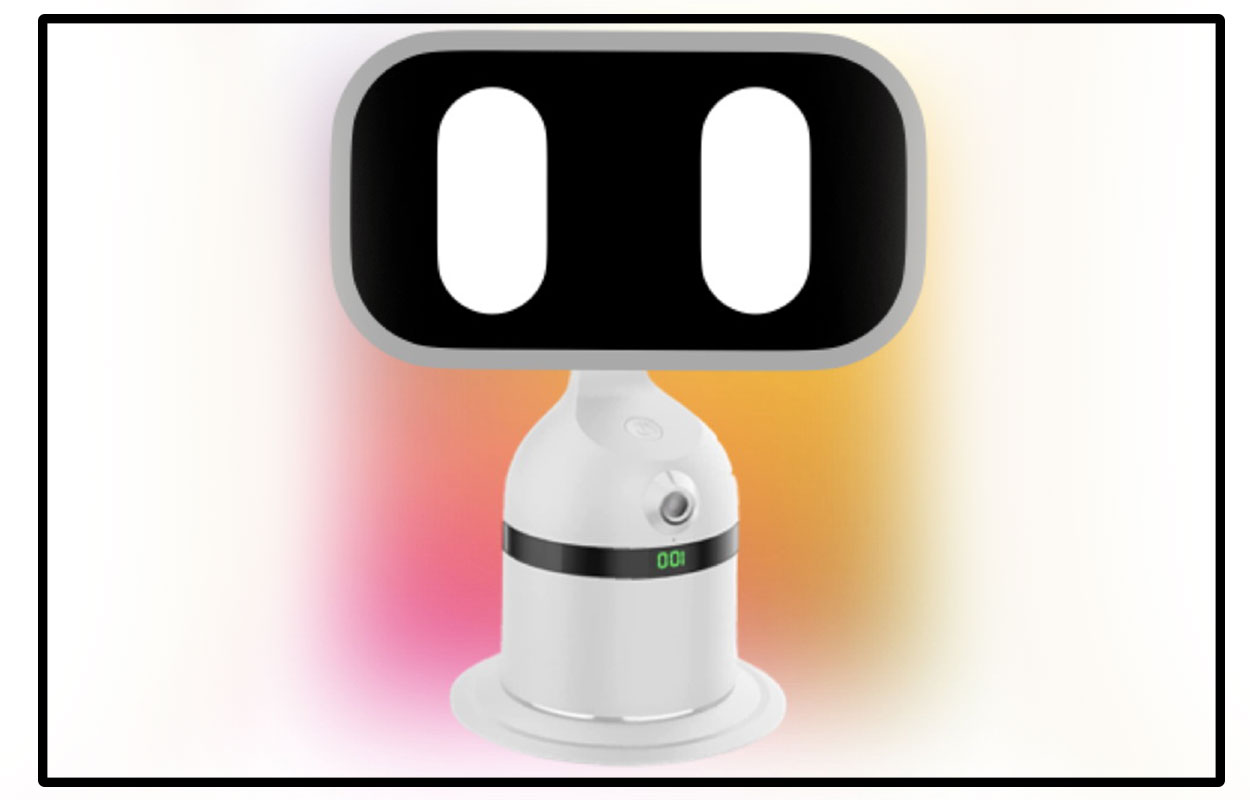Learning to manage sensory problems can be a challenge for autistic individuals. Below are some strategies that can help cope with and minimize difficulties related to sensory sensitivity:
- Identify problematic sensations: The first step is to recognize which sensory stimuli cause discomfort or unease. These can be noises, smells, tastes, textures, or lights. Writing them down in a list can be helpful for identifying patterns and finding specific solutions.
- If loud or sudden sounds cause you discomfort, such as appliances or traffic, use earplugs or noise-canceling headphones to reduce the intensity of the sound.
- If direct sunlight causes you discomfort, wear UV-protective sunglasses and a wide-brimmed hat when outdoors. You can also use blackout curtains at home to minimize the light coming through windows.
- If clothing labels or seams bother you, choose tagless clothes and flat-seamed garments. Opt for soft, breathable fabrics like cotton to reduce tactile discomfort.
- If strong smells, such as perfumes or cleaning products, cause you discomfort, choose fragrance-free products for personal care and household cleaning. Avoid places with strong odors, such as perfume shops or supermarkets with cleaning product sections.
- If trying new foods due to their taste or texture is challenging, start with small amounts and mix them with foods you already enjoy. You can adjust the texture of foods using a food processor or by blending them to make them easier to tolerate.
- If you experience difficulties with balance and coordination, consider practicing activities such as yoga, tai chi, or sports that require balance and coordination. These activities can help you improve your ability to handle sensory stimuli related to movement.
- Create a comfortable environment: As much as possible, adapt your surroundings to reduce problematic stimuli. For example, if you are sensitive to noise, consider using earplugs or noise-canceling headphones. If light is an issue, use blackout curtains or sunglasses.
- Establish routines: Structure and predictability can help minimize anxiety and stress. Create daily routines and schedule activities at specific times to provide a sense of control and security.
- Learn relaxation techniques: Relaxation skills, such as deep breathing, meditation, or yoga, can help reduce anxiety and tension caused by overwhelming sensations.
- Take sensory breaks: If you feel overwhelmed by sensations, take a moment to step away and recover in a quiet and comfortable space. This will allow you to recharge and better face sensory challenges.
- Set boundaries: Communicate your needs and limits to family members, friends, and coworkers so they understand and respect your sensory difficulties. This can help prevent uncomfortable situations and reduce stress.
- Seek support: Speaking with professionals, such as occupational therapists or psychologists, can be helpful for learning specific strategies to manage your sensory issues. Additionally, joining support groups for autistic individuals can be an excellent way to share experiences and learn from others.
Remember that each autistic person is unique, and what works for one may not work for another. Experiment with different strategies and find those that best suit your needs and preferences.













